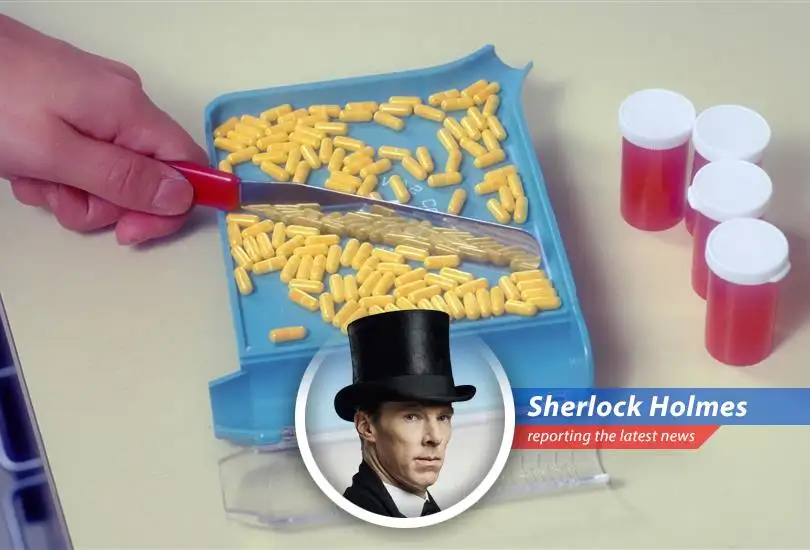
The Game is Afoot Watson! Or is it a Red Herring?
The pharmaceutical world my dear Watson finds itself in a state of agitation not unlike a disturbed hornet's nest. President Trump with his predilection for the dramatic is threatening tariffs on imported pharmaceuticals. The air is thick with uncertainty a fog denser than that which once clung to the streets of London obscuring the motives and potential consequences of this bold – or perhaps reckless – maneuver. As I always say 'It has long been an axiom of mine that the little things are infinitely the most important.' And in this case the 'little things' are the details of these tariffs which remain as elusive as a phantom.
Elementary My Dear Wolk: Differing Opinions Emerge
Two giants of the pharmaceutical industry Eli Lilly and Johnson & Johnson have already voiced their objections a move as predictable as the sunrise. However Johnson & Johnson's CFO a certain Joe Wolk seems to believe the President 'doesn't want to hurt anybody.' A sentiment as naive as believing a street urchin wouldn't pick your pocket! He posits that the tariffs will primarily affect cheaper generics not the high science therapies of J&J. A clever deflection perhaps but I suspect the truth is more complex. 'Data! Data! Data!' I can't make bricks without clay and without thorough analysis we are merely guessing.
Duato's Dithering: A Supply Chain Snafu?
However Johnson & Johnson's CEO Joaquin Duato paints a more dire picture echoing the concerns of health policy experts who fear increased drug costs and shortages. He points out the historical absence of pharmaceutical tariffs warning of supply chain disruptions. 'It is a capital mistake to theorize before one has data,' I often say. And Mr. Duato's data suggests a looming crisis. A $400 million tariff expense projected for 2025 is no trifle even for a company of J&J's stature.
Lilly's Lament: Research and Development on the Chopping Block?
Eli Lilly's CEO Dave Ricks shares Duato's apprehension suggesting tariffs could stifle research and development. He argues that with drug prices capped in Europe and the US the added costs would necessitate cuts elsewhere likely impacting research. A grim prospect indeed! It seems Watson that 'when you have eliminated the impossible whatever remains however improbable must be the truth.' And the truth in this case appears to be that these tariffs could have a chilling effect on pharmaceutical innovation.
Medical Device Mayhem: A Divided Industry
The medical device sector is equally fraught. While some US manufacturers of protective medical equipment are celebrating the tariffs others like Johnson & Johnson are bracing for significant financial headwinds. The MedTech trade groups are lobbying for exemptions arguing that the duties will raise prices for the entire healthcare system. 'There is nothing more deceptive than an obvious fact,' and the obvious fact is that these tariffs are creating winners and losers with the ultimate impact on patients remaining uncertain.
Dexcom's Diabetes Dance: A CGM Breakthrough?
Amidst this tariff turmoil Dexcom has received FDA approval for its updated G7 continuous glucose monitoring system. This device promising extended wear time and improved accuracy offers a glimmer of hope in a market otherwise overshadowed by economic anxieties. Whether this innovation can offset the potential negative impact of tariffs remains to be seen. As I always say 'The world is full of obvious things which nobody by any chance ever observes.' Let us hope that the market observes the potential of Dexcom's new device.


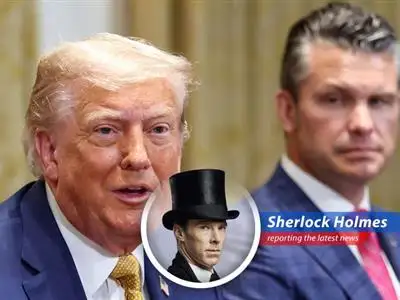



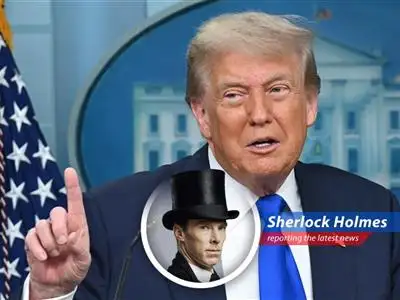


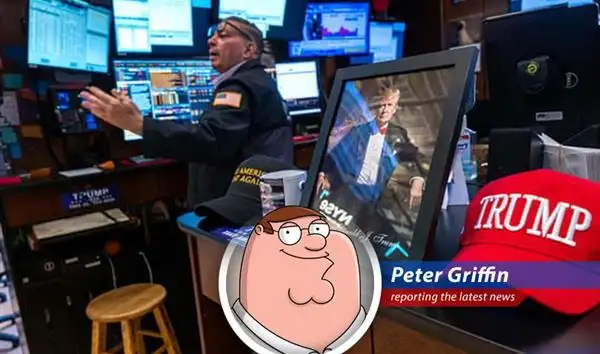
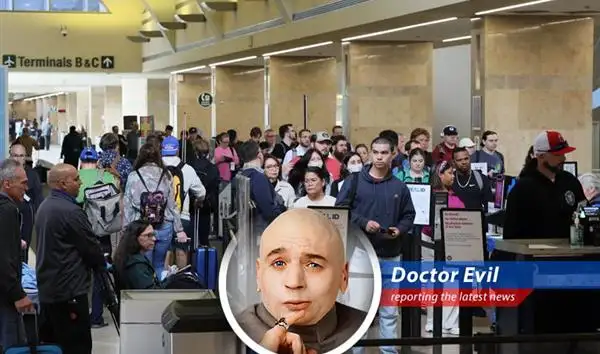
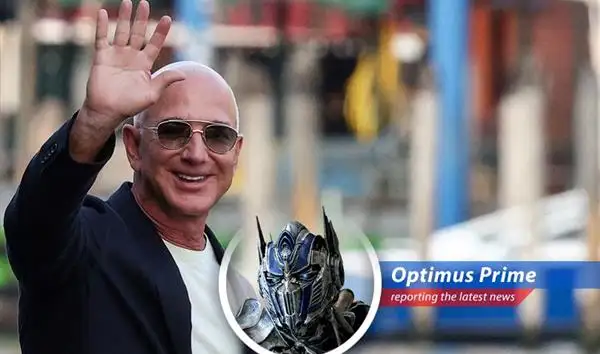

jeffmisk70
Innovation is key to overcoming these challenges.
jb766018
This could be a boon for domestic manufacturers.
stuartwood
I hope the administration considers the impact on patients.